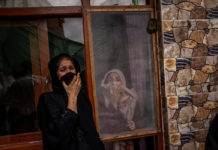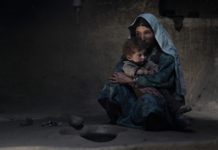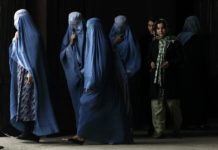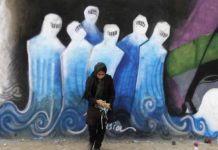Tensions between Palestinians and Jewish settlers have been running high for ten days in the streets of the Sheikh Jarrah area in East Jerusalem, which has been the subject of a long-running lawsuit filed by Jewish settlers against Palestinian families. Palestinians are at risk of being evicted from their homes.
In the neighborhood of the eastern part of the city of Jerusalem, which was occupied by Israel in the 1967 Six-Day War, Jewish settlers chanted “Go back to Jordan” to the Palestinians. Answered: ‘racist’ and ‘mafia’.
Over the past week, police in the area have arrested Palestinian youths and used water cannons and liquefied gas to disperse the crowd.
According to the Palestinian Emergency Services, 22 Palestinians were injured during another night of protests against the possible evacuation of Palestinian families in the area.
Israeli police said in a statement that they had arrested five people on charges of “insulting and assaulting police officers”.
For more than ten days, residents and activists in the neighborhood have been protesting against orders from Israeli settlement organizations to evacuate Palestinians.
The Israeli Supreme Court in Jerusalem will hear a lawsuit between lawyers for Palestinian families and the Jewish Settlers’ Association, which calls for the evacuation of Palestinians.
Residents in the area say they have lived in the homes since the 1950s, while Jewish settlers claim they bought the land legally from two Jewish associations.
The Sheikh Jarrah neighborhood is located near the Damascus Gate, just outside the walls of Old Jerusalem. The area includes hotels, restaurants and a consulate, as well as many Palestinian houses and residential buildings.
East Jerusalem was annexed by Jordan before Israel’s occupation in 1967 and was not recognized by the international community.
According to Agence France-Presse, Jewish settlers seized houses in the neighborhood based on court rulings, claiming that Jewish families living there had fled during the 1948 war.
According to Agence France-Presse, Jordan built a residence in the neighborhood of Sheikh Jarrah in 1948 to house displaced Palestinians, and the lease agreements prove that.
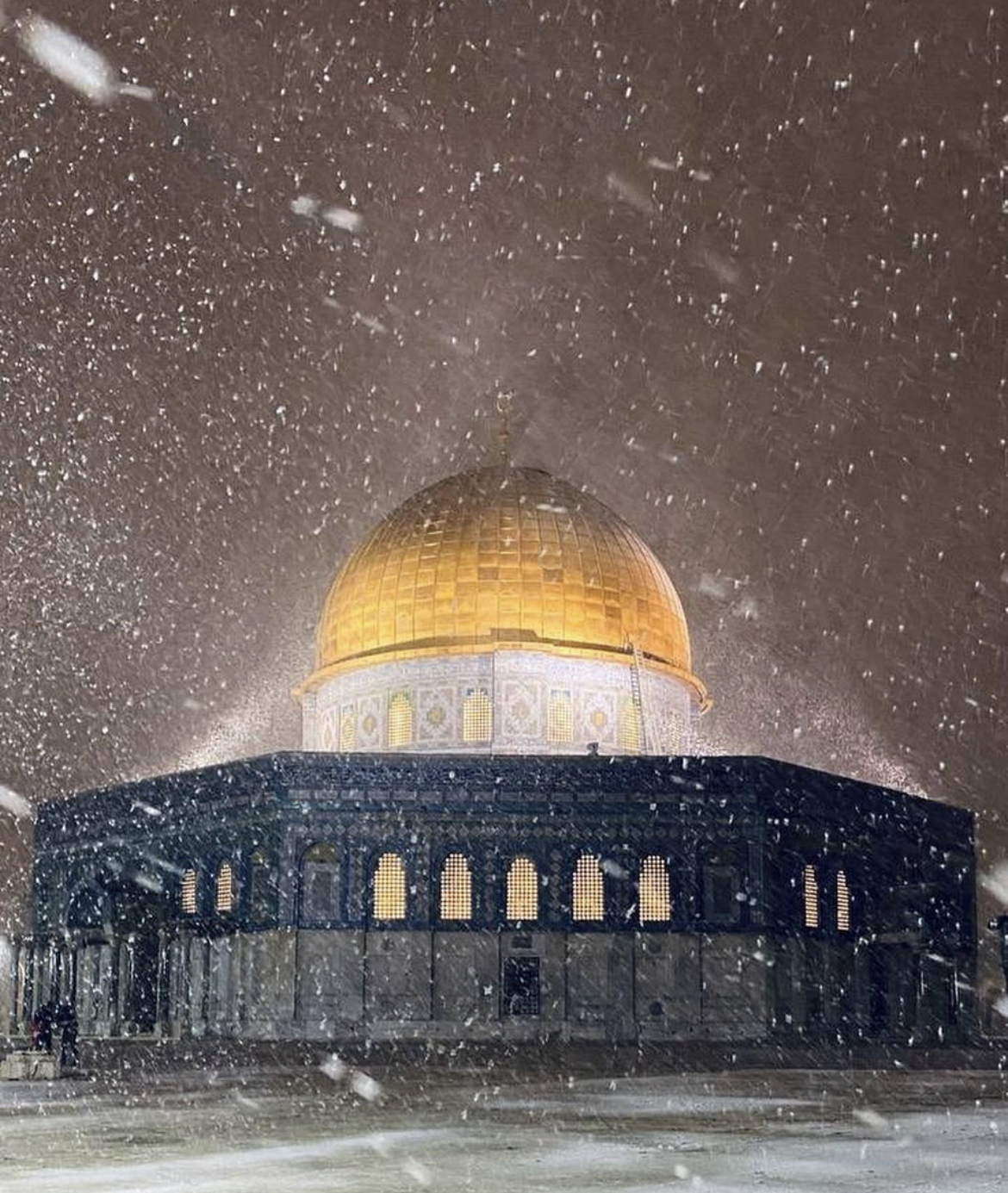
According to documents published by the Jordanian Ministry of Foreign Affairs, the documents belong to 28 families who were displaced by the 1948 war in Sheikh Jarrah’s neighborhood.
The Turkish Anatolia News Agency quoted Mohammed al-Sabbagh, a resident of the neighborhood, as saying that the residents’ problems began in 1972 when the Sephardic Jewish Committee and the Israeli Knesset Committee (a committee for Ashkenazi Jews) claimed that, He owns the area on which the houses were built in 1885.
In July 1972, according to the National Coalition for Palestinian Rights in Jerusalem, the two Jewish committees asked the court to evacuate four families in the neighborhood on the grounds of “illegal attacks on other people’s property.”
Israel’s Legal and Administrative Affairs Act was enacted in 1970, stating that Jews who lost their property in East Jerusalem in 1948 could recover it.
The Israeli peace movement says: “It is important to note that Israeli law (the Absentee Property Law in 1950) does not allow Palestinians who lost their property in Israel in 1948 to recover it and to own their assets. The state is allowed to transfer.
It is noteworthy that there are more than 200,000 Jewish settlers in East Jerusalem where the Palestinian population has exceeded 300,000.
According to Reuters, Palestinian Nabil al-Kurd believes that forcing him to leave East Jerusalem, where he has lived since the 1950s, is far worse than death.
The 76-year-old man, his wife and children were among dozens of Palestinians about whom Israeli court ruled that their homes were built on land owned by Jewish settlers.
“I was born here, I grew up here, I went to school here, I went to university here, I got married here and all my memories are in this house,” he told Reuters last December. Can you imagine that I never went out of Jerusalem, never stayed out of this house … I swear to God I will only go to the graveyard from this house.
Property cases were registered against him and others in the areas of Sheikh Jarh Mahal and Batin Al Hova. The lawsuits are a focal point of plans to increase the number of settlers in East Jerusalem, which was occupied by Israel in the 1967 Middle East War.
In October 2020, Kurds were ordered to vacate their homes. Nabil al-Kurd has appealed the ruling in the Jerusalem Criminal Court, although Hegat Afrin, a project coordinator against the settlement activities in Peace Now, said he had little chance of reversing the ruling.
Last year, the same court upheld a number of settler claims based on documents from the 19th and early 20th centuries, which were criticized by the European Union. The European Union’s envoy to Jerusalem said dozens of Palestinians were in danger of being forcibly relocated.
Peace Now says Israeli courts have ordered the eviction of 36 Palestinian families from their homes since the beginning of 2020 to benefit Jewish settlers, including about 165 people in Batin Al-Hawa, Sullivan and Sheikh Jarir Including dozens of children.
Peace Now added that many people are at risk of becoming homeless in exchange for unpaid or alternative housing. And they are burdened with heavy legal fees.
The movement says the extraordinary threat of mass deportation will wreak havoc on these families and at the same time put far-reaching political pressure on the prospects for peace and stability in Jerusalem.
According to Reuters, the status of Jerusalem as a holy city for Jews, Muslims and Christians is at the center of the Israeli-Palestinian conflict.
The Palestinians want East Jerusalem to be the capital of their future state, and most countries and UN resolutions outlaw Israeli settlements.
However, Israel disagrees with the Bible, citing its historical ties to the land, security barriers and legal arguments.
Peace Now says many of the Palestinians at risk of evacuation are refugees such as Kurds, or their ancestors who came to the area more than half a century ago. In the case of the Kurds, the Jewish settlers claimed to have bought the land from two Jewish associations.





